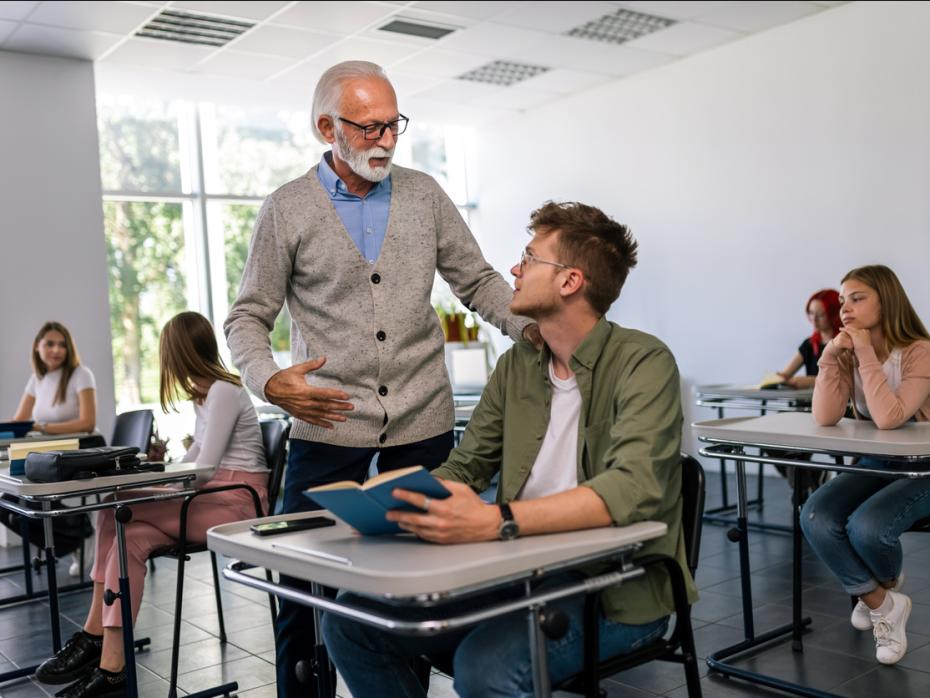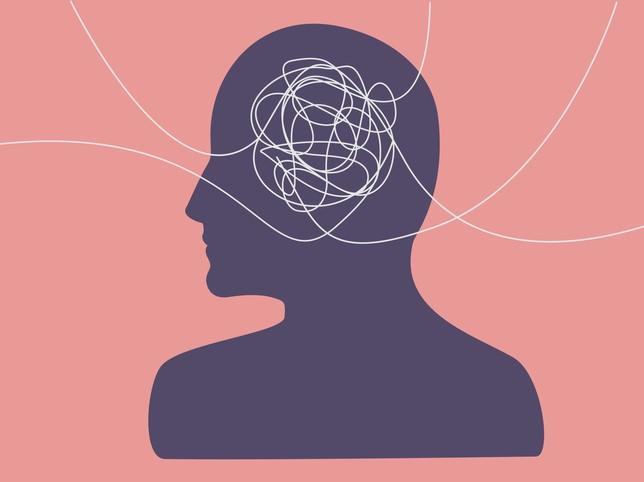
Managing empathy fatigue as a teacher
You may also like
Teaching is an emotive job; many of our interactions with students involve conversations around their worries. Given that not all academic professionals are trained in therapy or counselling, the mental health support we are often expected to offer can have some unintended consequences, such as empathy fatigue and second-hand stress.
I am going to talk about some techniques to minimise any side-effects of supporting students during their times of need. But before that, I want to explain why we experience these side-effects. Observing young and vulnerable students who are stressed, anxious or depressed can have immediate effects on academics’ nervous systems, reveal the findings of a study by Veronika Engert, Franziska Plessow, Robert Miller, Clemens Kirschbaum and Tania Singer. It shows strong evidence for empathic stress permeating to the level of endocrine activation, indicating that the mere observation of an individual undergoing psychosocial stress can cause the observer to experience an increase in cortisol levels. This study implies that when academics talk to a student who is stressed, depressed or anxious, they can carry this second-hand anxiety, depression or stress, all the way back to their home, affecting their and their loved ones’ emotional well-being. So, what can we do to support the mental health of our students without compromising our mental health?
- Resource collection: Well-being in higher education
- Building kindness into an institutional culture
- Recognising and dealing with bullying on college campuses
According to the Mind & Body Lab based at Stanford University and Yale Center for Emotional Intelligence, our brains can change our default response. Instead of being negatively affected by conversations with students, we can take them as opportunities to build resilience in them and ourselves.
Susan Albers, a psychiatrist at the Cleveland Clinic, identifies the “ABC” formula of managing our own emotions while helping others to manage theirs:
- Awareness: being mindful of how you’re feeling and showing yourself some self-compassion
- Balance: finding an equilibrium with diet, social media and news consumption, mental and physical health and emotions
- Connection: developing good-quality relationships with friends and family members can heal emotional distress.
The British Medical Association recommends the following guidelines for healthcare workers, which can be equally helpful for those working in educational settings to manage second-hand stress and empathy fatigue:
- Establishing a self-care routine including activities such as mindfulness practices, meditations and regular walks
- Making a conscious effort to disengage from work-related problems when you leave for the day and only re-engaging when you return to work
- Writing down or recalling three good things that have happened at work in a gratitude journal
- Maintaining a life outside of work in the forms of personal relationships, volunteering and hobbies
- Taking regular breaks at work.
Shawn Achor, psychologist and the CEO of consulting firm Good Think, suggests five evidence-based practices capable of immunising your brain against negative interactions:
- Writing a brief email praising someone you know
- Writing down three things for which you’re grateful
- Journaling about a positive experience for two minutes
- Doing cardio exercise for 30 minutes
- Meditating for two minutes.
We may try to avoid interacting with stressed-out students as a short-term strategy to deal with our own mental health issues. But in the long term, the best way to ensure the health and well-being of ourselves and our students is by strengthening our emotional immune system to protect ourselves from second-hand stress and responding to students’ needs in a supportive manner.
Kshamta Sharma is an assistant professor at T A Pai Management Institute, Bengaluru, India.
If you would like advice and insight from academics and university staff delivered direct to your inbox each week, sign up for the Campus newsletter.




